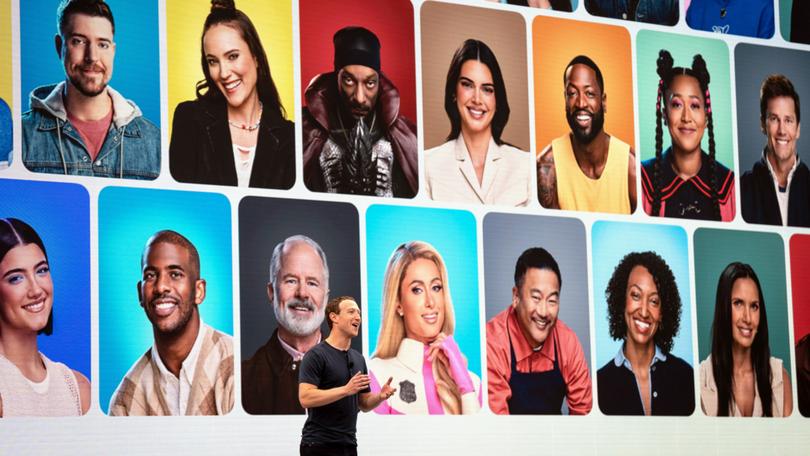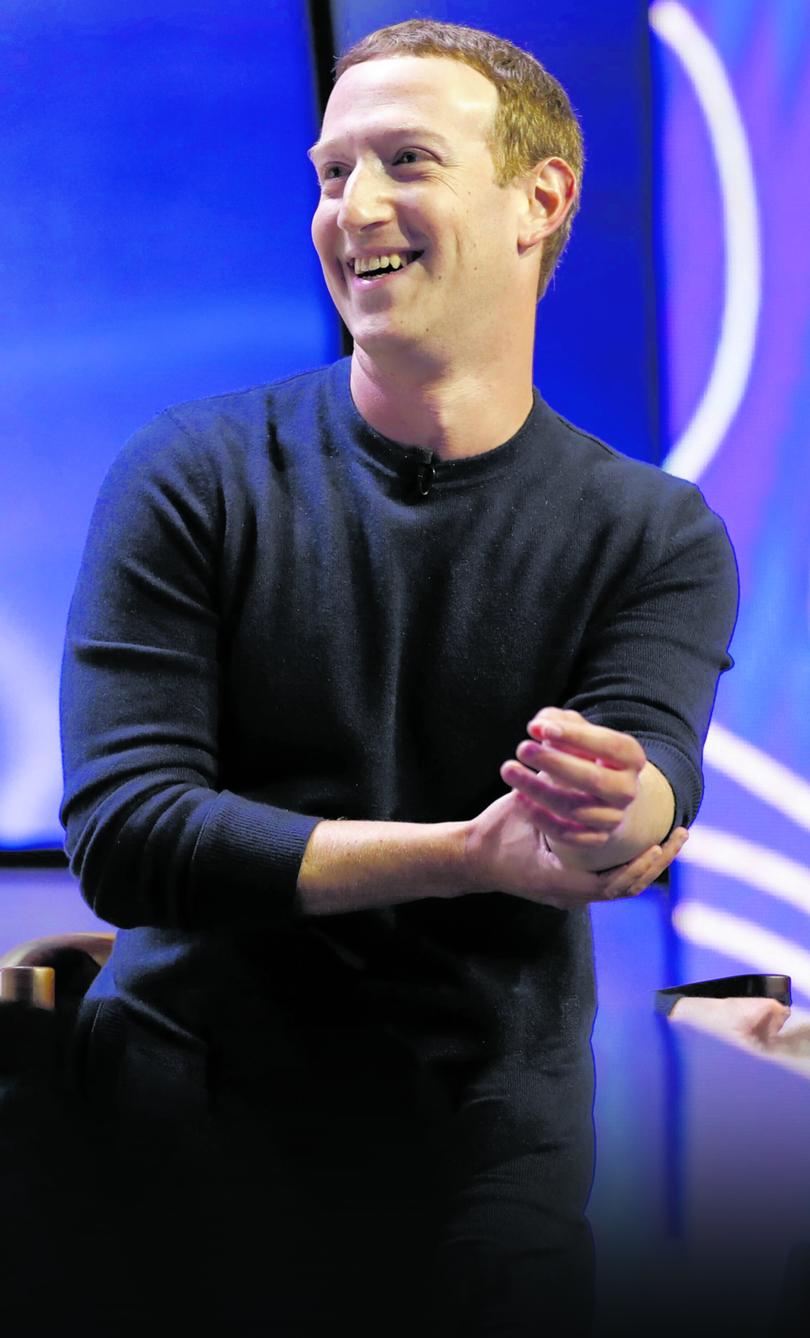The New York Times: Ready for a chatbot version of your favourite Instagram influencers?
Instagram is testing Creator A.I., a program that offers its top influencers the ability to interact with their followers over direct messages using a chatbot.

Being an influencer can be a lot of work. Instagram thinks artificial intelligence can lend a big hand.
Instagram is pitching popular influencers on a program that relies on AI to interact with fans, the latest example of how Meta, Instagram’s parent company, is trying to expand the technology across its products.
The program, which is in its early stages of testing and is known as Creator AI, would allow influencers to chat with fans through direct messages on the social network and potentially through Instagram comments in the future, according to five people briefed on the company’s plans. The program will essentially be a chatbot that mimics the “voice” of the Instagram influencer to respond to fans, the people said.
Sign up to The Nightly's newsletters.
Get the first look at the digital newspaper, curated daily stories and breaking headlines delivered to your inbox.
By continuing you agree to our Terms and Privacy Policy.Most of the messages would be sent automatically and would at least initially disclose that they were AI-generated, according to two of the people.
The goal, according to the people, is to give creators with large followings the ability to better connect with fans while decreasing the amount of work required to personally respond to large numbers of messages and comments. The people spoke on condition of anonymity because they were asked to sign nondisclosure agreements as part of the program.
Eva Chen, Instagram’s director of fashion partnerships, recently pitched creators on the effort, and the platform has also been briefing agencies on it, according to three of the people involved in the talks. It is unclear if the program will be widely released.
Creators can select the data Meta uses to copy the way they speak, including their previous Instagram posts, direct messages, comments, and audio from Reels and Instagram Stories, two of the people said. Influencers can also dictate specific responses to certain questions, one person said.
A spokesperson for Meta declined to comment.
Meta has aggressively pushed to incorporate artificial intelligence into all corners of the company’s business, from improving its advertising systems to building AI assistants into smart glasses and other hardware projects. Mark Zuckerberg, Meta’s CEO, has said he believes AI will become an “increasingly important driver of opportunity” for people, businesses and the economy as a whole.
Zuckerberg has also envisioned a world in which people will have omnipresent AI assistants to help them carry out daily tasks and other forms of work. Meta has spent billions of dollars redesigning the company’s systems to improve its development of the technology, racing to compete with companies such as Google, Microsoft and OpenAI.
And Meta has been spending millions of dollars to court influencers to its social networks, including Instagram and Facebook, after years of neglecting to do so. Zuckerberg has said he wants to “build the best platform for millions of creators to make a living.”
Some influencers have recently received invitations to a May event in New York, where Meta said it planned to demonstrate some of the company’s new and experimental AI products, according to two of the people familiar with Meta’s plans.

The Creator AI program expands on Meta’s earlier efforts to incorporate a cast of AI avatars built using the likenesses of celebrities such as Kendall Jenner and MrBeast. In that program, Meta created entirely new characters named “Billie” or “Zach” on Instagram and Facebook — which were depicted with the faces of participating celebrities — that could interact with fans.
Some creators have been hesitant about the notion of automating their interactions with their followers, saying that it could put words in their mouths that they don’t agree with. Others have balked at the notion that a chatbot could replicate the substance of the interactions they have with fans. Many influencers have found success by interacting with people who crave more authentic and direct connections with the online personalities they follow.
Still, there is some precedent for the program. A number of creators already rely on outside agencies and tools used to help respond to messages they receive across their Instagram and Facebook accounts. One such company, School of Bots, sells an AI chatbot program to influencers who want to automate direct message discussions with their followers.
It does not yet appear that Meta’s first batch of AI-powered avatars has been a breakout hit. Although Billie, the character inspired by Jenner, has 193,000 followers on Instagram, the comments on a recent video from the account were largely bemused. “This is so stupid,” a commenter said, garnering more than 12,700 likes. “I wonder how Kyndall feels about this robot impersonating her,” said another, misspelling the star’s name.
And still another: “why ya’ll wanna text a robot?”
This article originally appeared in The New York Times.
© 2024 The New York Times Company
Originally published on The New York Times
